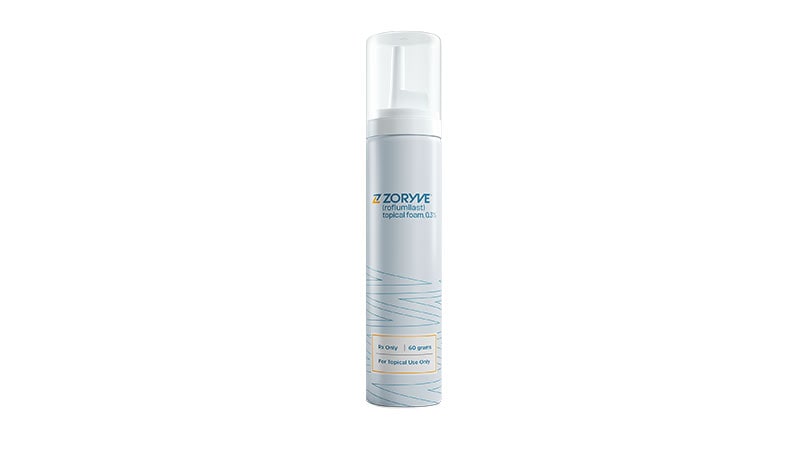Hysterectomy Avoided With Uterine Embolization After Birth
TOPLINE:
A new study presented at the Society of Interventional Radiology Annual Scientific Meeting concludes that uterine artery embolization (UAE) had a high rate of success in controlling postpartum bleeding, obviating the need for hysterectomies in many patients.
METHODOLOGY:
- UAE is a minimally invasive procedure that entails an interventional radiologist injects tiny particles that will temporarily block the blood flow into uterine arteries.
- The authors conducted a retrospective review of 66 patients (median age, 31 years) who underwent UAE for postpartum hemorrhage between 2014 and 2022.
- The median time between the start of a postpartum hemorrhage and UAE was 4 hours but also ranged up to 15 days after.
- Patients lost a median of 2790 mL of blood, and a pre-embolization transfusion was administered in over 80% of women.
TAKEAWAY:
- Successful hemorrhage control was achieved in 94% of the patients; those who experienced greater blood loss prior to UAE were more likely to develop post-embolization syndrome, which is marked by fever, abdominal pain, and nausea.
- The overall infertility rate after UAE was 19%.
- Higher fibrinogen levels prior to embolization were associated with better hemorrhage control.
IN PRACTICE:
"Based on these findings, we would encourage obstetricians to involve interventional radiologists early, to be ready to perform UAE if more conservative approaches are not managing postpartum hemorrhage."
SOURCE:
The study was led by Younes Jahangiri, MD, a resident in the interventional and diagnostic radiology program at Michigan State University/Corewell Health. James Morrison, MD, assistant professor of interventional radiology, also at Michigan State University/Corewell Health, was the senior author.
LIMITATIONS:
This was a retrospective review with a relatively small sample size.
DISCLOSURES:
No disclosures were reported.


 Admin_Adham
Admin_Adham


